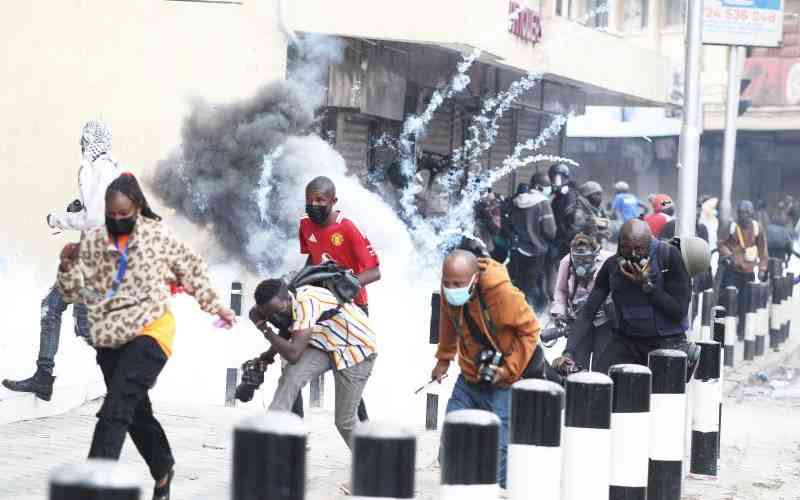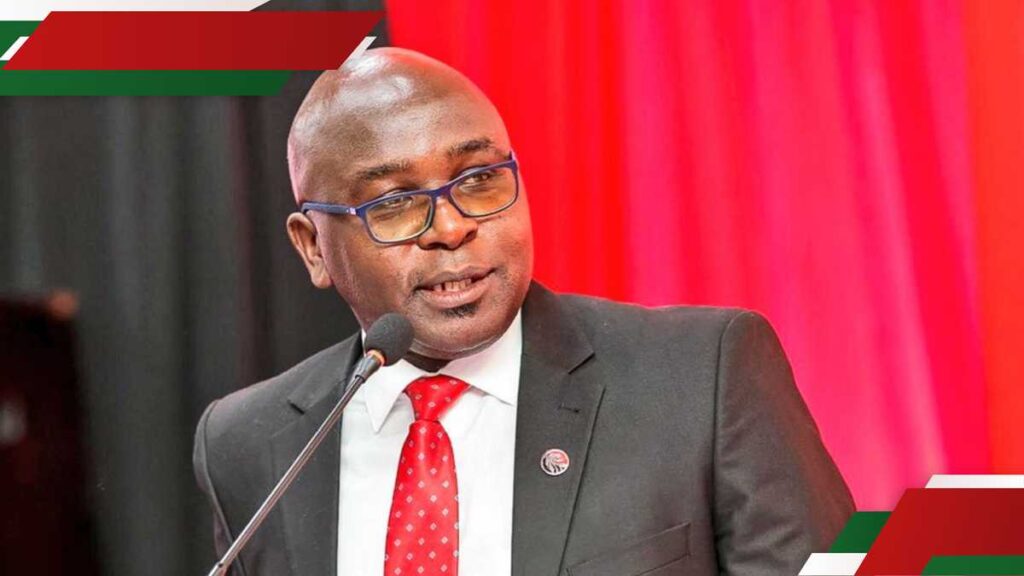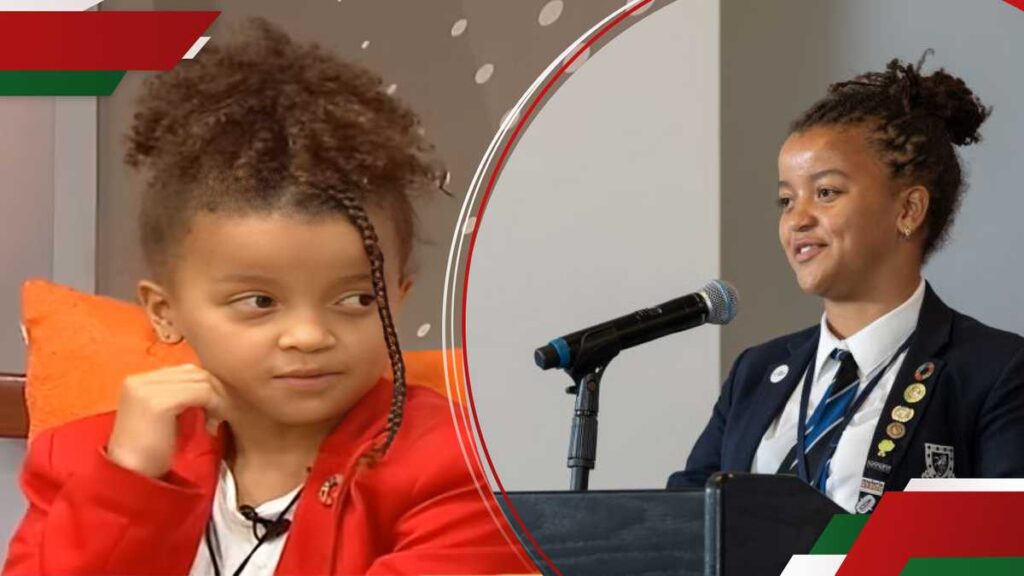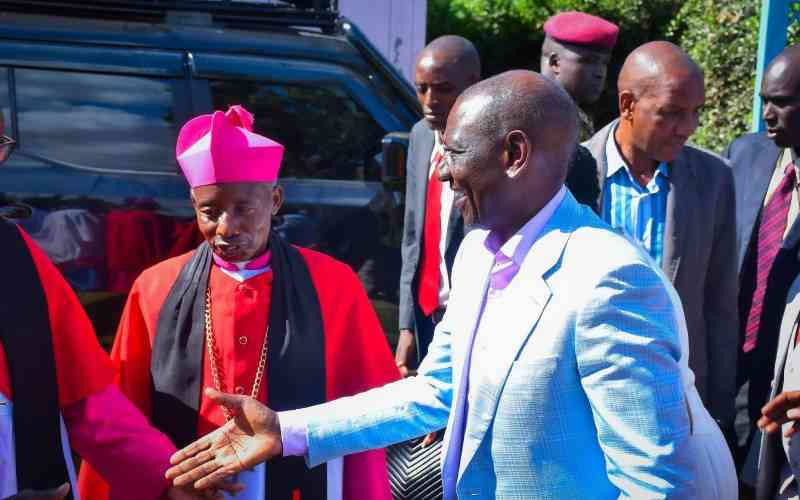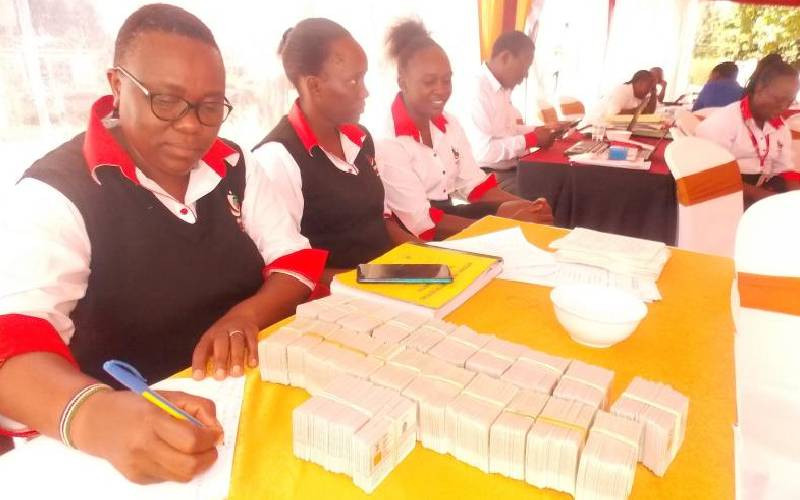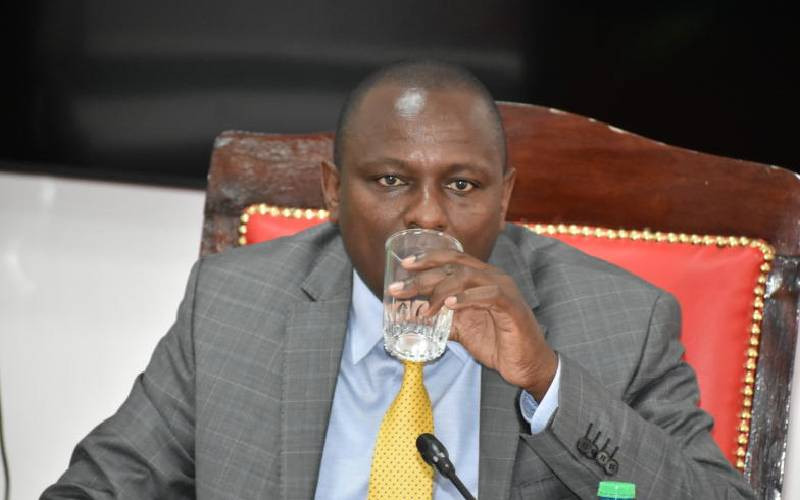Kenya has been placed on the CIVICUS Monitor Watchlist, a global consortium for civic freedoms, amid growing concerns over human rights violations.
The cited incidents include the June 25 anniversary and Saba Saba protests.
According to the civil society, Kenya is among six territories experiencing a rapid decline in respect for civic freedoms, affecting the work of activists, journalists, and other government watchdogs.
The other countries listed include the United States, Turkey, Indonesia, Serbia, and El Salvador.
The development follows Kenya’s downgrade in 2024, after police used lethal force to quell anti-Finance Bill protests, resulting in more than 60 deaths countrywide.
“The government’s response to peaceful protest has crossed a perilous threshold,” said Ine Van Severen, Civic Space Research lead at CIVICUS. “The systematic nature of the repression shows a deliberate strategy to criminalise civic engagement and silence dissent.”
In December last year, CIVICUS downgraded Kenya’s human rights rating from “obstructed” to “repressed”, the second lowest in a scale of five which rates 198 countries from “open” to “closed”.
Kenya’s score dropped 13 points, from 50 to 37 out of 100.
Kenya now ranks alongside countries such as Uganda and Tanzania, accused of collaborating regionally to crack down on government critics across borders.
“The Kenyan government has turned its back on the rights of the people,” said Severen, adding, “it has resorted to responding with violence, intimidation, and censorship to legitimate public grievances.”
Kenya’s current rating is reserved for countries where civic space is heavily restricted, and government critics face harassment, intimidation, imprisonment, bodily harm or even death.
While civil society organisations are allowed to operate, they often encounter state interference. The media largely aligns with the government, and online activity is tightly monitored.
The country’s global image has further suffered due to its handling of recent protests, with CIVICUS citing police brutality, infiltration of protests by politically connected goons, enforced disappearances, and illegal tactics by law enforcement.
Key incidents include the death of teacher Albert Ojwang’ in police custody, the arrest of web developer Rose Njeri for creating a public participation platform, and alleged plans by the Directorate of Criminal Investigations to acquire the Optimus 3.0 surveillance tool.
“These incidents have demonstrated Kenya’s dwindling civic space, the use of state institutions as weapons to quell dissent, and the tenacity of a new generation that refuses to tolerate authoritarianism,” the report states.
Stay informed. Subscribe to our newsletter
Despite these concerns, CIVICUS lauded Kenya’s judiciary as a defender of fundamental rights.
Courts have recently ruled against the State, including authorising the staging of the controversial play ‘Echoes of War’ by Butere Girls High School, barring the use of lethal force on unarmed protesters, mandating anti-riot police officers to be identifiable during protests, and blocking the Communication Authority’s order limiting media coverage of protests.








